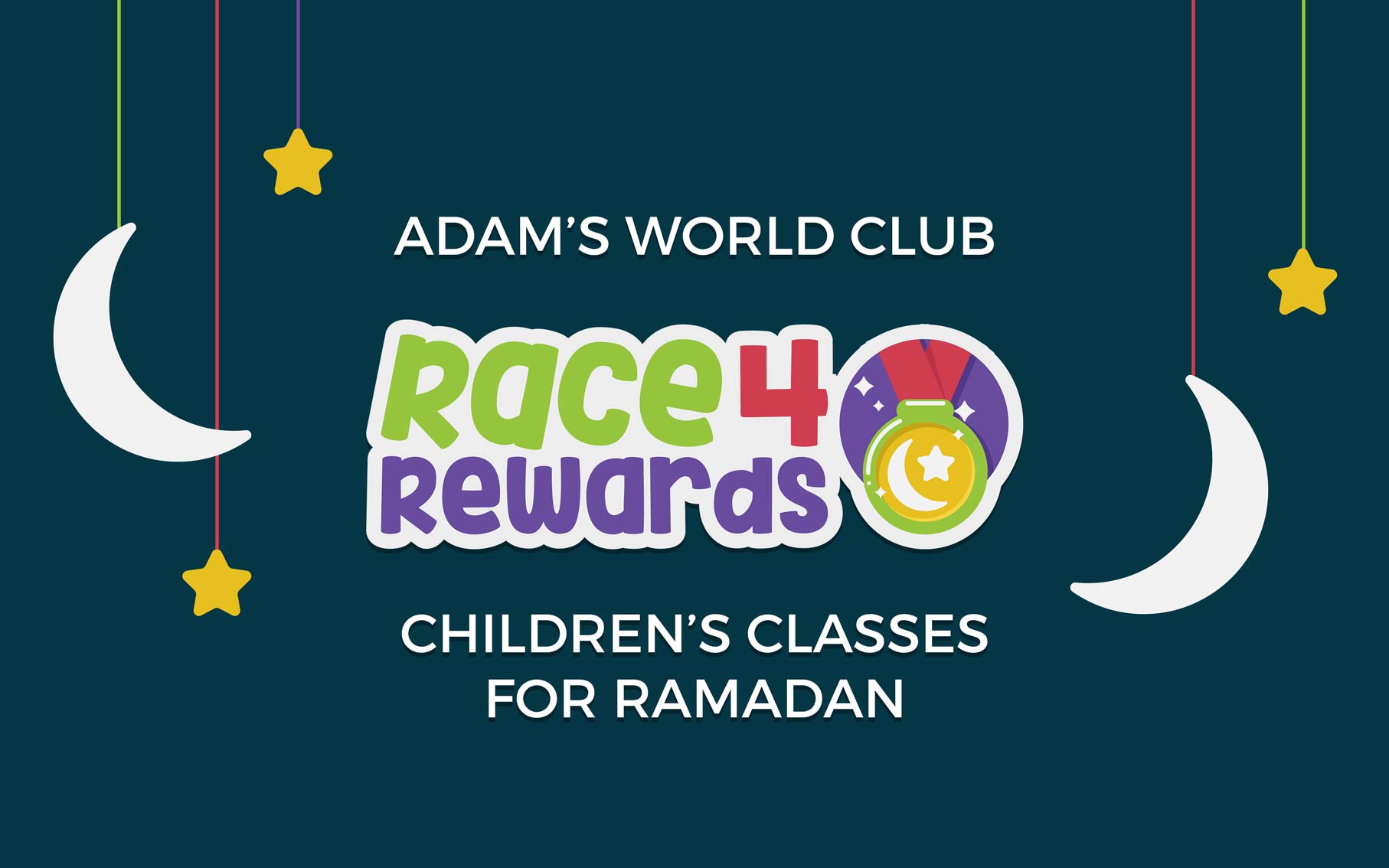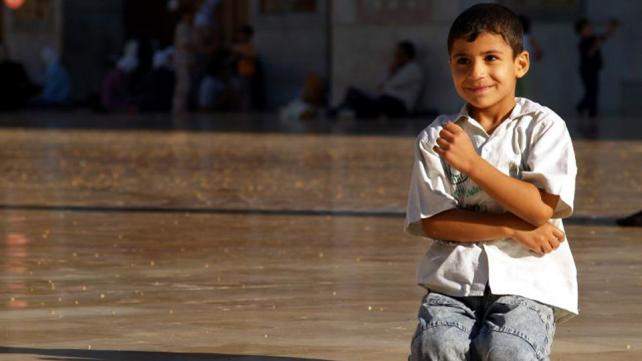7 Ideas to Make Prophet Muhammad Come Alive for your Teens

By Samana Siddiqui
Religion is an important aspect of life for a majority of Muslim youth in the United States. According to the Gallup Organization’s 2009 report Muslim Americans: A National Portrait, the percentage of young Muslims who say faith is important (77%) is roughly similar to the proportion of young Protestants (74%).
That said, the teen years are among the hardest for youth and their parents. They are a time of physical and emotional upheaval. In practical terms, that can mean heated arguments, misunderstanding, and miscommunication as young Muslims struggle to deal with pressures in and outside the home, and negotiate an Islamic identity in both worlds.
It is at this time that Prophet Muhammad, peace and blessings be upon him, becomes especially relevant as a role model, the “beautiful example” to humanity, as he is described in the Quran (33:21).
Here are some ways to make the Prophet come alive for teens in your family and community.
1. Text Seerah Tidbits
For teens who are bookworms, it’s easy to offer them a book to read about the life of Prophet Muhammad, peace and blessings be upon him. Reading is one of the best ways to learn more about him. But if we want to really make him a role model, his life and legacy need to be shared gradually, over time. Texting is the ideal way to do that.
Studies have found that four out of five teens (17 million) in the United States carry a wireless device (a 40% increase since 2004). As well, texting is replacing talking among teens. Teens admitted spending nearly an equal amount of time talking as they do texting each month.
Once a week, text a relevant factoid about the Prophet to your teen. It could be a Dua he said before undertaking a difficult task (ideal to send during final exam time), or it could simply be one of his habits on Fridays (e.g. cutting his nails). The point is to make his life, the big and small things, come alive and apply to your teen.
2- Eat Together Like the Prophet
The Prophet said, “Eat together and not separately, for the blessing is associated with the company” (Tirmidhi). Studies in the United States over the last decade have also noted that when families eat together, everyone’s nutrition improves, along with communication between family members.
As well, according to one study, compared to teens who ate with their families five to seven times a week, teenagers who had fewer than three family dinners a week were almost four times more likely to try tobacco, more than twice as likely to use alcohol and 2.5 times more likely to use marijuana.
While this may not be possible daily, especially between jobs, extracurricular activities, and other family commitments, make it a priority at least on the weekend.
3- Share Stories about the Prophet and the Youth Around Him
It’s common for Muslims to share stories about the Prophet’s playfulness and tenderness with young children. However, the Prophet also maintained an excellent relationship with older youth. Consider for example, how he gave Usama bin Zaid the responsibility of commanding an army at age 17. The Prophet recognized not only talent, but knew how to nurture talent in older youth by giving them positions of responsibility.
4- Feed the Hungry Like the Prophet
Feeding the hungry was one of the Prophet’s regular tasks, even as he and his Companions suffered unbearable hunger. Discuss this with teens, and get directly involved in feeding the hungry in your area. This will capitalize on their energy and dynamism for a good cause and offer youth a practical way to connect with the Prophet. If possible, organize a day when youth are fasting to volunteer to feed those in need, so they can truly experience hunger while feeding the hungry, as the Prophet did.
5- Instill the “What would Muhammad (s) do?” question in their minds
Teens are constantly in need of someone to look up to. If you don’t provide them with a healthy alternative, they will naturally gravitate to those who are popular among their peers, or who are dominating the screens and airwaves for their own proverbial 15 minutes of fame.
Apart from encouraging them to read about the Prophet, fix in your teen’s mind the question, “What Would Muhammad do?”, peace and blessings be upon him. For instance, if they express confusion or concern about an issue, encourage them to ask this question and find the answer themselves through research.
This is a practical way to build character, using the example of the best of examples for humanity.
6- Manage your Anger Like the Prophet
The Gallup Center has reported that Muslim youth aged 18 to 28 are the least happy and the most angry compared to the youth of other faith groups in America. Twenty-six percent of young Muslims, compared with 14% of young Protestants, say they experienced anger.
It is very likely that younger Muslims are experiencing this as well, perhaps at a more intense level, given the amount of hormonal and physical upheaval experienced by teenagers. Teach your teen through example and word, the Prophet’s advice about how to control anger. These range from sitting if standing up when overcome with anger, to saying “I seek refuge in Allah from the accursed Shaytan.”
7- Write a Heartfelt Letter to the Prophet
In his book Don’t Sweat the Small Stuff…and it’s all small stuff, Dr. Richard Carlson encourages readers to write a heartfelt letter to those in your life who have influenced you positively. The letter is an expression of appreciation and thanks.
Encourage your teen to write a heartfelt letter to the Prophet for all of the above and more. If they feel comfortable, encourage them to share it with family, and maybe even post it as a note on their Facebook page to spur their friends to do the same.
Photo Attribution:https://commons.wikimedia.org/wiki/File:Madina.jpg


